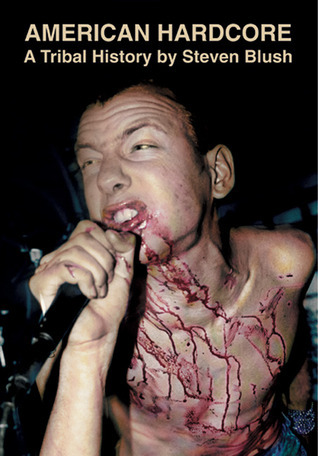What do you think?
Rate this book


352 pages, Paperback
First published November 9, 2001
• [H.R.]’s also a misogynistic, homophobic, racist, mentally ill loser who disappointed virtually everyone he touched.
• …and the late Toni Young, who died of “pneumonia” in the late 80s.
• [MRR] deserves major credit for fostering and radicalizing the scene, but in doing so, a 30-something pack of Marxists manipulated kids to serve their own narrow self-interests.
• Jello’s low point came on May 7, 1994, after suffering a vicious beating at The 924 Gilman Street Project, from Skinheads linked to Maximum RockNRoll. Though Biafra “made” MRR, editor Tim Yohannon’s crew shielded the goons. If you ever needed evidence that scene unity was a total crock, there it is.